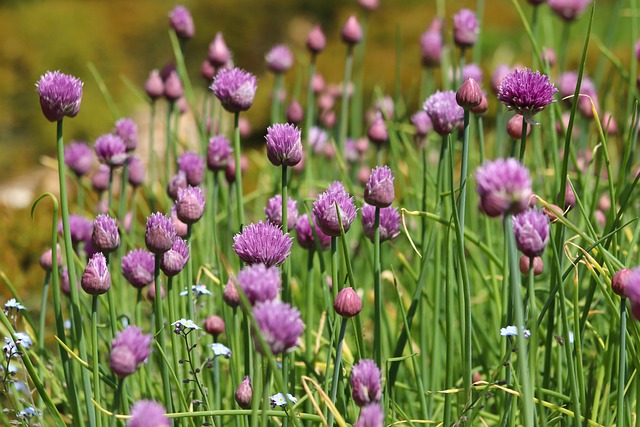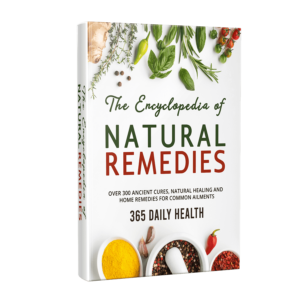
Introduction:
Chives, scientifically known as Allium schoenoprasum, are a popular herb used in culinary preparations for their delightful flavor and aroma. Beyond their culinary appeal, chives possess a range of medicinal qualities that have been appreciated for centuries. Packed with essential nutrients and bioactive compounds, chives offer numerous health benefits, making them an excellent addition to a well-rounded diet. In this article, we delve into the medicinal properties of chives in chives that contribute to their therapeutic potential.
Nutritional Profile:
Chives are low in calories and high in essential nutrients. They are an excellent source of vitamins A, C, and K, as well as minerals like potassium, calcium, and iron. Additionally, chives are rich in dietary fiber, which aids in digestion and supports a healthy gut.
Allicin and Allium Compounds:
One of the primary medicinal compounds found in chives is allicin, which belongs to the family of organosulfur compounds. Allicin is responsible for the pungent smell and taste of chives, and it possesses potent antimicrobial, antiviral, and antifungal properties. It acts as a natural antibiotic, aiding in the prevention and treatment of various infections.
Moreover, chives contain other allium compounds, such as diallyl sulfide, diallyl disulfide, and allyl methyl trisulfide. These compounds have been shown to have antioxidant and anti-inflammatory effects, helping to reduce oxidative stress and inflammation in the body. By combating free radicals and reducing inflammation, chives can potentially contribute to the prevention of chronic diseases like cardiovascular ailments and certain types of cancer.
Rich in Antioxidants:
Chives are a remarkable source of antioxidants, including quercetin, kaempferol, and various flavonoids. These antioxidants play a crucial role in protecting the body against oxidative damage caused by free radicals. By neutralizing these harmful molecules, antioxidants contribute to cellular health and may help reduce the risk of chronic diseases, including cancer and neurodegenerative disorders.
Digestive Aid:
The fiber content in chives promotes healthy digestion by adding bulk to the stool and preventing constipation. Furthermore, chives contain a compound called inulin, which acts as a prebiotic. Prebiotics provide nourishment for beneficial gut bacteria, supporting a healthy gut microbiome and enhancing overall digestive health.
Boosting Immunity:
Chives possess immune-boosting properties due to their high vitamin C content. Vitamin C is essential for maintaining a robust immune system, promoting the production of white blood cells, and strengthening the body’s defense against infections. Regular consumption of chives can help support immune function and reduce the risk of common illnesses.
Potential Anti-Cancer Properties:
Several studies have indicated that the organosulfur compounds found in chives, such as allicin and allyl methyl trisulfide, may possess anti-cancer properties. These compounds have been shown to inhibit the growth of cancer cells and induce apoptosis (programmed cell death) in various cancer types, including colorectal, breast, and prostate cancers. While more research is needed, these findings suggest the potential role of chives in cancer prevention and treatment.
Conclusion:
Chives are not only a flavorful addition to various culinary dishes but also a treasure trove of health-boosting compounds. From their antimicrobial and antioxidant properties to their potential anti-cancer effects, chives offer a range of medicinal qualities that promote overall well-being. Incorporating chives into your diet can be an excellent way to enhance your health and add a burst of flavor to your meals. However, it’s essential to remember that chives should complement a balanced diet and healthy lifestyle, rather than replace medical treatment when necessary. As always, consult with a healthcare professional for personalized advice and guidance.
For more on the medicinal properties of herbs check here.
Resources:

